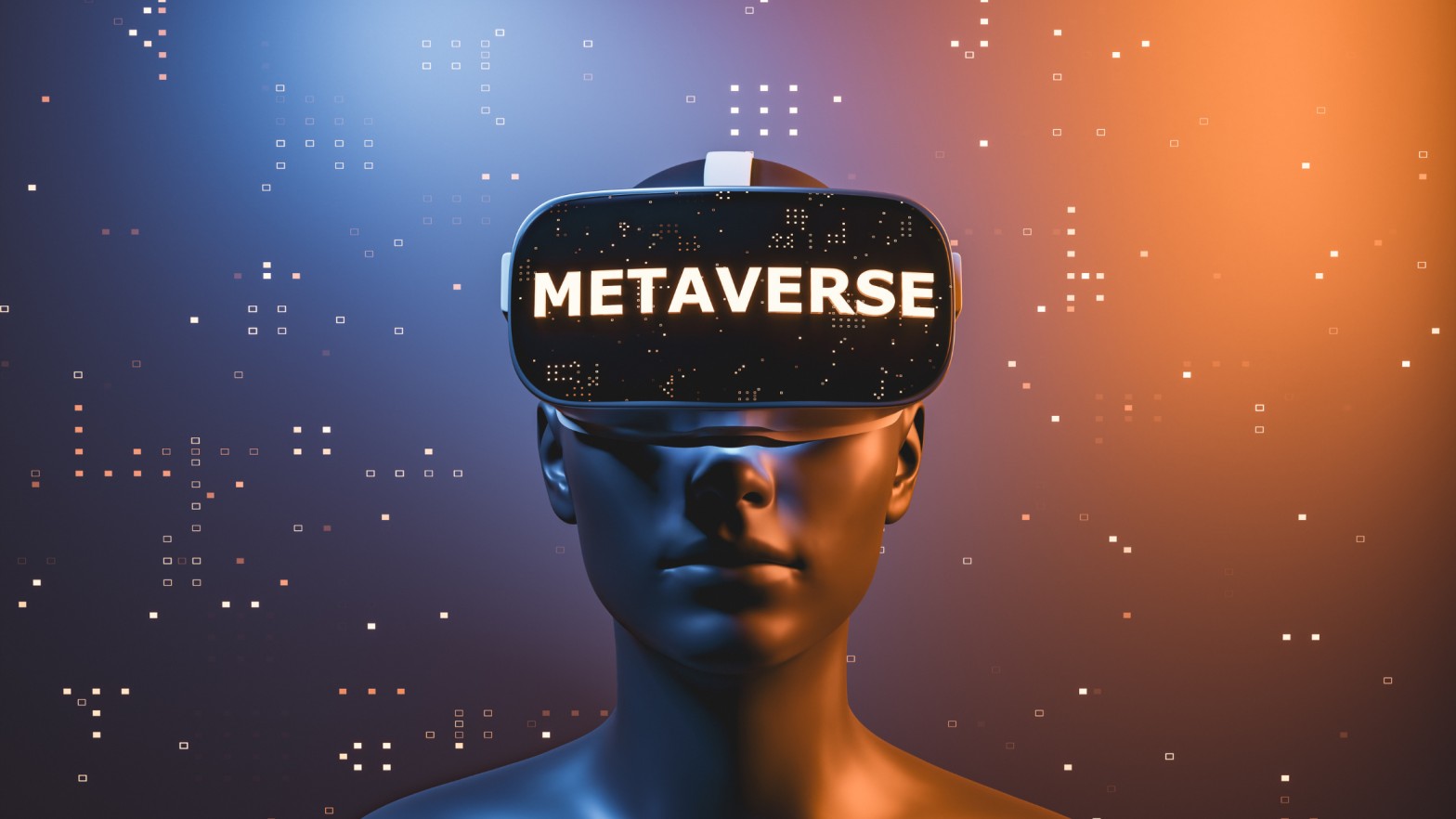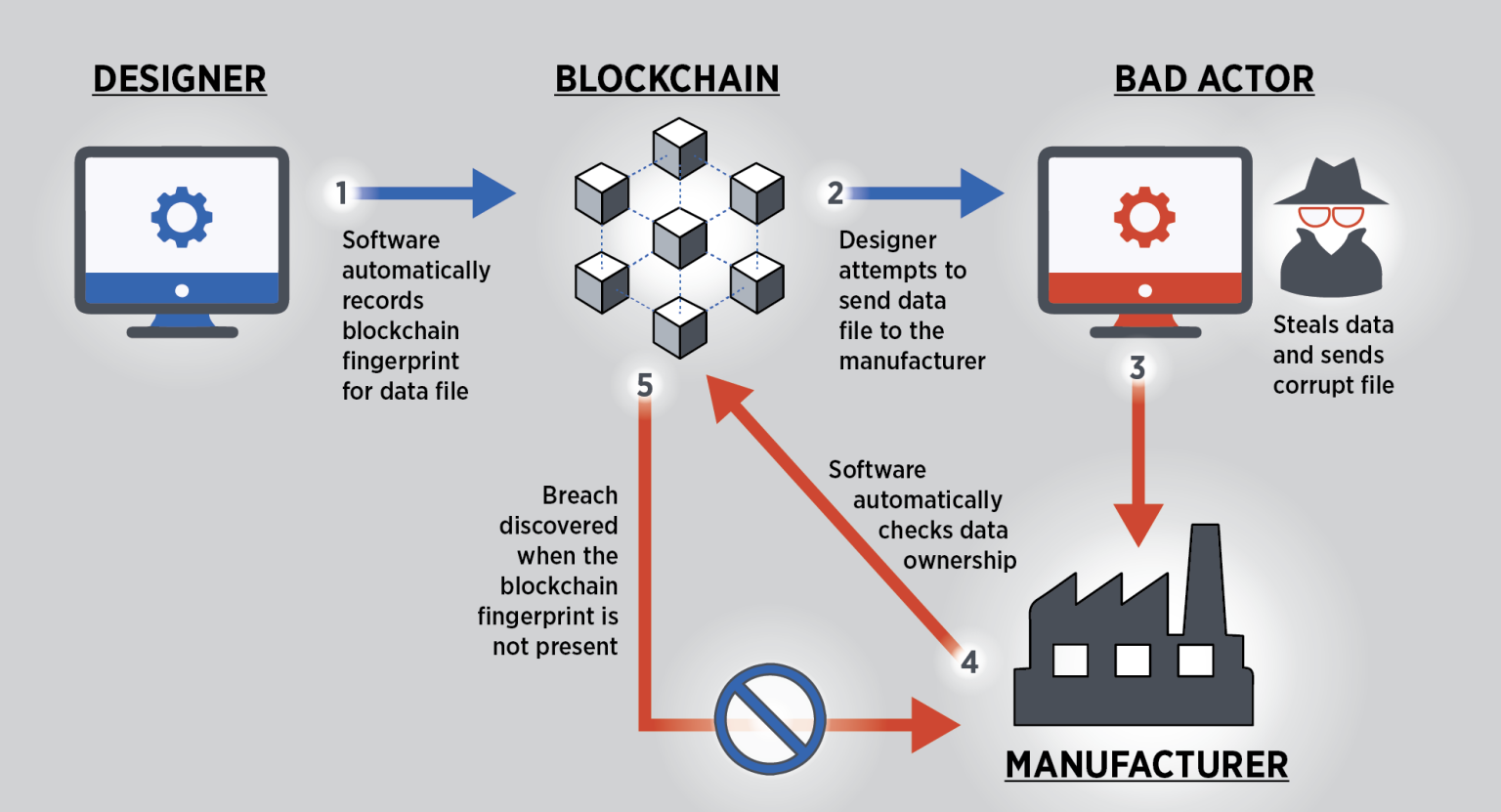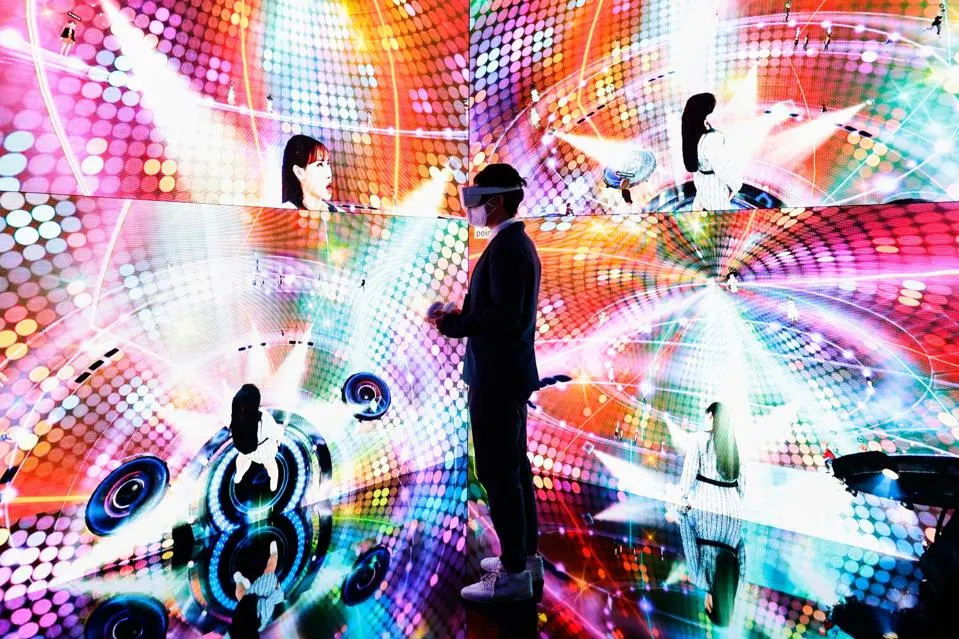
The Metaverse: A Disjointed Perspective
Initially celebrated as the next digital innovation frontier, the Metaverse is struggling to sustain its early enthusiasm. Significant technological breakthroughs, such as virtual reality (VR), augmented reality (AR), artificial intelligence (AI), and especially blockchain technology, have driven the evolution of the Metaverse. These advancements aim to create immersive environments that allow users to interact and create in previously unimaginable ways.
Despite claims of immersive experiences and virtual spaces full of branded avatars, the concept feels fundamentally shallow. While gamers and specific communities have welcomed elements of this digital universe, the everyday consumer finds little appeal in outfitting avatars in a virtual world that lacks meaningful real-world connections. The industry’s struggle with defining its purpose and practicality raises concerns that the Metaverse may become merely a niche rather than the groundbreaking transformation it set out to be.

The essence of the Metaverse promised interconnected virtual realms driven by blockchain technology. However, the dream of a unified, interconnected digital universe has stumbled. Many platforms feel fragmented, primarily catering to niche users—mainly gamers and digital lovers—rather than offering a comprehensive experience for all. Companies have invested heavily in crafting branded avatars and virtual items, but these creations often lack meaningful ties to real-life experiences. For many individuals, adorning an avatar with luxury brands seems uninteresting if it doesn’t resonate with their real-world identities.
Unlike social media platforms, which thrive on a culture of visual display, the Metaverse faces challenges in providing compelling engagement motivation beyond gaming. It was initially marketed as a revolutionary extension of everyday life, promising solutions ranging from remote work to virtual education and healthcare. Yet, the Metaverse has not fulfilled its practical aspirations.
The Blockchain Role: Is It Truly Valuable?
 (Credit to N. Hanacek/NIST)
(Credit to N. Hanacek/NIST)
A significant factor distinguishing the Metaverse is its dependence on blockchain technology. Once perceived as a potential engine for digital economies, NFTs, and ownership, blockchain is increasingly regarded as more of a novelty than a revolutionary tool. While the decentralized nature of blockchain aims to provide security and transparency alongside digital ownership, the actual link to these technologies remains faint for most users.
As noted by Forbes in 2022, while many Metaverse applications are built on blockchain technology, its practical implications often elude the average user. The promise of possessing digital assets and transferring them across platforms has yet to emerge in a meaningful way. For instance, purchasing a virtual item as an NFT appears unnecessary when most users prioritize an enjoyable experience devoid of the intricacies of digital ownership. Although the Metaverse offers digital collectibles, Forbes reminds us that similar concepts existed well before blockchain’s inception—consider platforms like World of Warcraft or digital collectibles like Cartoon Network’s “Cartoon Orbit.”
In its present state, blockchain in the Metaverse seems focused more on technical advancements than resolving user concerns. The critical question remains: Are users invested in blockchain’s incorporation into their digital interactions? Much like Amazon’s triumph is rooted in ease of use rather than blockchain, the Metaverse must emphasize user engagement over technological intricacies.
Blockchain enables the creation and ownership of unique digital assets through non-fungible tokens (NFTs), promotes secure digital identities, and supports decentralized governance within virtual environments. Medium.com delves into the crucial nexus between blockchain and the Metaverse, spotlighting three primary areas where this synergy is particularly evident—virtual real estate, digital identity, and decentralized virtual worlds.
Virtual Real Estate
In the Metaverse, digital properties and land have emerged as valuable commodities, reflecting the significance of physical real estate. Blockchain technology secures the ownership and transactions of these virtual properties, maintaining their integrity, clarity, and permanence.
Digital Identity
As users explore various digital realms, establishing a reliable and verifiable online identity becomes crucial. Blockchain provides a decentralized approach to digital identity management, giving users complete control over their personal data while ensuring their identities are secure and transferable across different platforms.
Decentralized Virtual Worlds
The notion of decentralized virtual realms increasingly defines the Metaverse, with blockchain technology enhancing community-driven governance and economic frameworks. These environments operate without central control, promoting a more transparent, democratic, and user-focused digital landscape.
Looking Forward: Integration, Accessibility, and Worth
 VR experience with the Meta Oculus Quest 2 headset at SK Telecom
VR experience with the Meta Oculus Quest 2 headset at SK Telecom
To progress beyond mere hype and provide genuine value, the Metaverse must transition from speculative environments to practical implementations. Thoughtful integration of blockchain technology can yield significant benefits—from improved security in virtual transactions to enhanced, decentralized digital identities that simplify personal data management online. In pragmatic terms, blockchain’s ability to verify ownership can address persistent issues like digital art fraud, bolstering confidence in virtual economies.
The overarching vision for the Metaverse, incorporating fully developed AR, VR, and AI, will reshape our working, learning, and interaction paradigms. Imagine leveraging AR for synchronous collaboration in virtual workplaces or utilizing VR for remote healthcare, where blockchain governs patient data securely while preserving confidentiality. Such integration could effectively bridge gaps in sectors like education, offering students immersive and engaging learning experiences or enabling healthcare practitioners and patients to connect in virtual settings, surmounting physical boundaries.
Blockchain’s presence in the Metaverse will not only underpin digital ownership but will also establish a basis for a new era of interaction. By promoting decentralized governance and economic structures, blockchain enhances user experiences, empowering individuals with more control over their digital personas. As the Metaverse evolves into something more practical and accessible, it will emerge as a powerful solution for addressing real-world challenges, transcending the notion of merely being a virtual getaway.
For more insights on the latest in business literature, click here.



